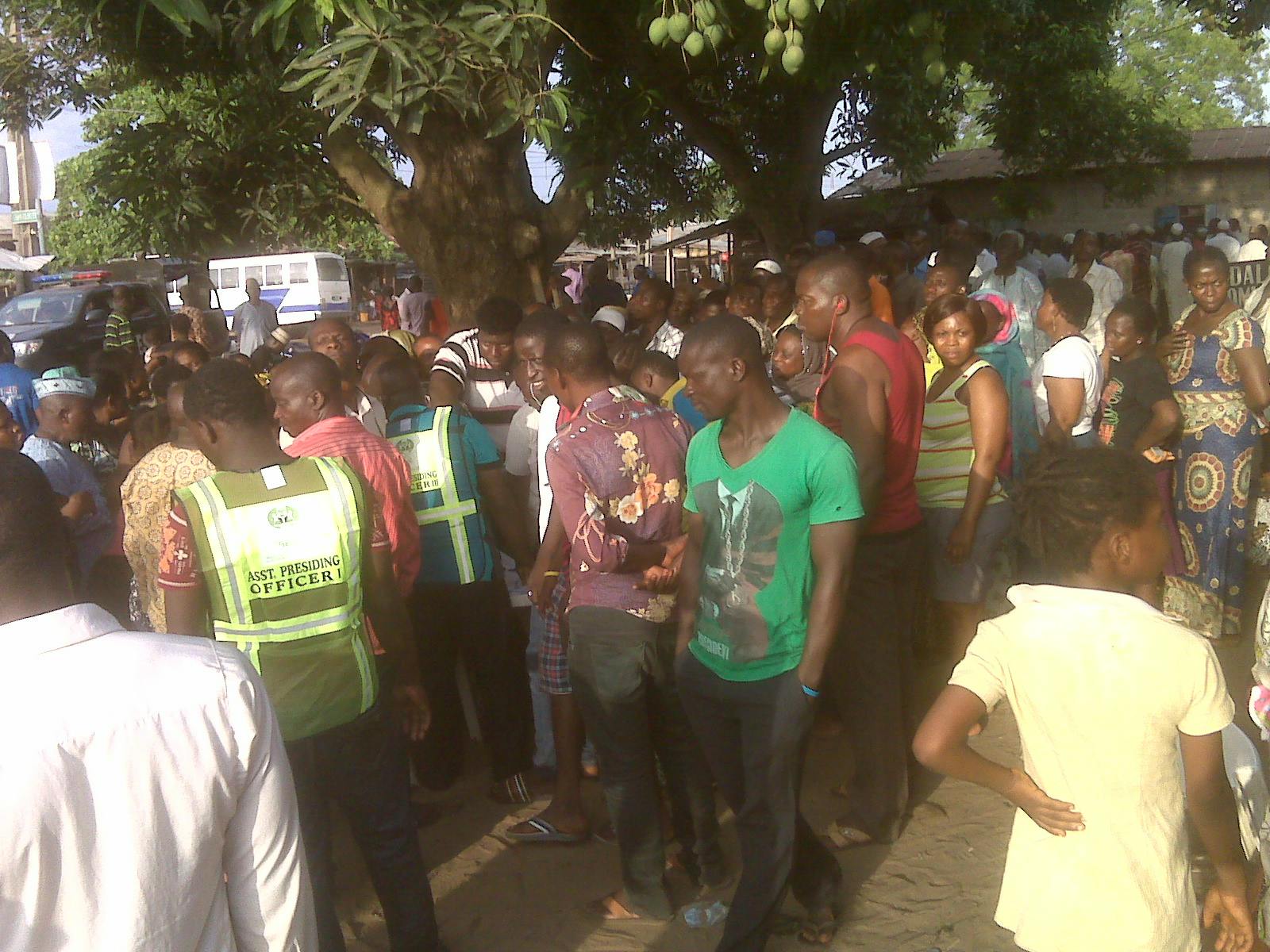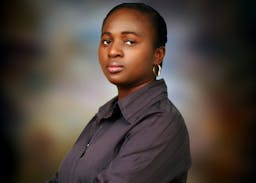Nigeria’s 2015 Presidential Election: African Largest Surprise
May 28, 2019
Story

History has registered it inevitably in Nigeria on the 28th of March 2015 when citizens trouped out of their homes to cast their vote for a leader of their choice. Again, not only that the outcome of that election was surprising to the world but the process was largely peaceful without any form of violence. APC taking over the leadership of Nigeria from PDP, the party which had ruled Nigeria unchallenged for the past 15years is the largest surprise Africa has recorded.
The power of incumbency does not come to play again in Nigeria’s politic rather power belongs to the people like the slogan of PDP. Citizens are now greatly informed of their right to vote and know that their vote counts. We have seen this take place in 2014 Ekiti State governorship election where the incumbent governor Fayemi of APC lost his office to Fayose of PDP.
Today, the 2015 presidential election has moved the presidential power which has been with the People’s Democratic Party (PDP) since the return to civilian government in 1999 to the All Progressives Congress (APC) to Gen. Buhari Mahommed (Muslim North West) and Prof. Oshibanjo (Christian South West) of Nigeria with the slogan “Change”. Indeed change has taken place in Nigeria’s leadership.
The APC was created in early 2013 when three major opposition parties CPC, ACN and ANPP came together with a faction of APGA in a broad coalition, bringing roughly a third of the current state governors and national legislators together in a single opposition party. The APC undertook an aggressive membership drive which resulted to having state 5 governors of Sokoto, Kano, Kwara, Adamawa and Rivers State - including about 37 members of the House of Representatives and about 15 senators of PDP joined the APC.
... or the same old names?
Yet as the excitement over the wind of change blows, there are lingering questions about whether APC actually brings anything new to the country’s politics. The party actively wooing former PDP members to its ranks raising concerns that the same old names will be recycled for 2015. This has also caused friction in the new party. Governors who defected from the PDP seem to have assumed that they take over the leadership of the party in their states and nominate the party chairman. APC party leaders in those States are rightly aggrieved; they feel they should not be expected to automatically relinquish their positions to the newly arrived Governors. The situation came to a head in Kano and Sokoto states where there has been the most tension over the issue leading to the party leaders dumped the APC for the PDP. This shows that cohesion within the APC is still fragile and party members who feel their interests are not being represented will become disillusioned and leave the party.
These power tussles can easily be dismissed as teething problems for a new organization consisting of disparate political groups, but how the party handles those issues will go a long way in determining what it can achieve. Nigerian politics is not based on competing ideology but rival interests and ambitions. It is common practice for a politician to leave his or her party for another simply because he has been passed over for the party ticket in a forthcoming election. The prevailing attitude is summed up in a popular saying - “no permanent enemies but permanent interests”. In this way political rivalries in Nigeria can be acrimonious and even fatal, but there is a flip side which can see long-time adversaries come together in power-sharing arrangements which ensure that both sides win.
What could have gone wrong with PDP?
I still wonder what citizens wanted to change, was the party or the person. It was not very clear but a change has taken place. like I said at the PDP Presidential campaign Open Forum in Lagos, the party has been too silent in communicating it policies and programmes to Nigerians.. they do not need to wait until the achievement are big enough to form a book before it can be published. The party has not displayed any serious commitment in promoting its performance in the last 15 years of leadership. It has not been able to articulate the transformation agenda of GEJ particularly its achievements in key relevant sectors of the economy. They acted in close circuit without connecting their plans to the people. This I presume could be due to lack of effective communication strategies and skills coupled with pressure from opposition parties and the media. perhaps, a simple interactive workshop on marketing communication and strategy could have made the difference.
Now that APC has taken over Nigerian leadership, there are many lingering questions that bother the general public. Some of these questions are: Which moral right will Buhari have to fight corruption when no account was rendered about PTF programme during Abacha administration. Will he be able to resist the influence of the western world on gay marriage? Will Nigerian still have the opportunity to talk freely using the FOI law passed by GEJ administration? Will he accommodate citizen’s insults and abuses on social media because that is where GEJ is a superman? What will happen to the transformation agenda of GEJ? Will it be continued or abandon as the common practice of Nigeria. What of the resolution of the CONFAB, will it be adopted and implemented or will the money spent be another waste, what of SURE-P and the youths? Will there be a new plan to create employment. How will his policies and programmes reach the grassroots? Will dollar drop or remain the same? What are the policies and programmes of Buhari and the strategy to led Nigerians to the promise land as he has been called the chosen “Joshua”. Surely, he will bring back our girls from the desert and he will combat Boko Haram.
What of women equity in governance, will they be recognized as GEJ did? Women were given prominent roles in this administration, they practically rules the country. There were 13 serving female ministers, appointed women into 35% of his cabinet and other key positions in government. 2 National Defence Officers, 4 Judiciary, 4 Representatives to International And Multilateral Organizations, 8 Special Advisers To The President, 11 Ambassadors and High Commissioners, 12 Female Permanent Secretaries, 16 Female Ministers. 16 Female Heads Of Tertiary Institutions, Female Cadets of the Nigeria Defence Academy, 26 Heads Of FG Parastatals/Agencies, 29 Female Commissioners Of FG Commissions
Will the women have this opportunity again or even better that this. What is in it for women, youths, children and PWDs.
Nigeria was pregnant; she has delivered what is the future of this child. What is the future of Nigeria in the period of 4 or 8 years of APC leadership? I call on all Nigerians to give Buhari the necessary support to deliver good governance based on accountability and transparency of all resources.
Mrs. Vivian Ifeoma Emesowum, Communication Expert,
Good Governance and Gender Advocate.




